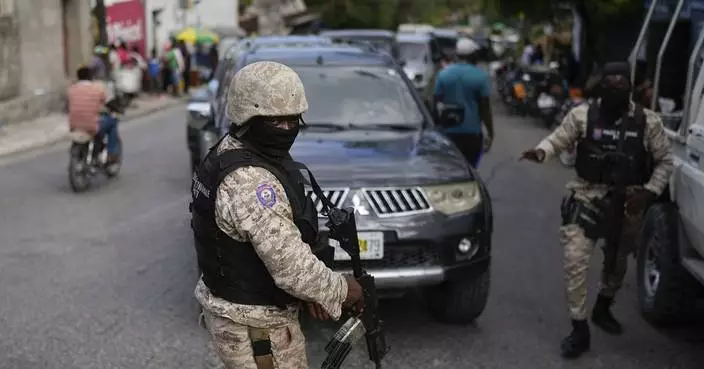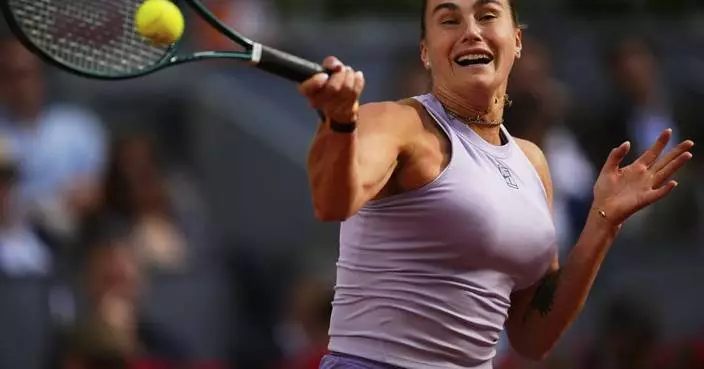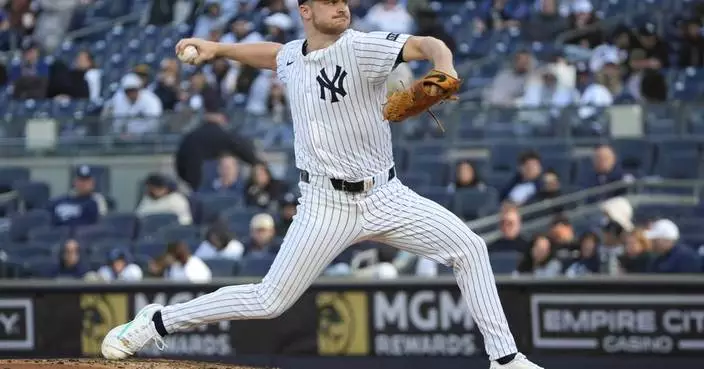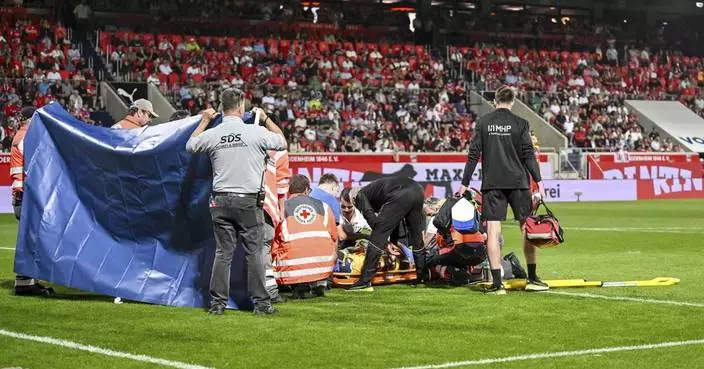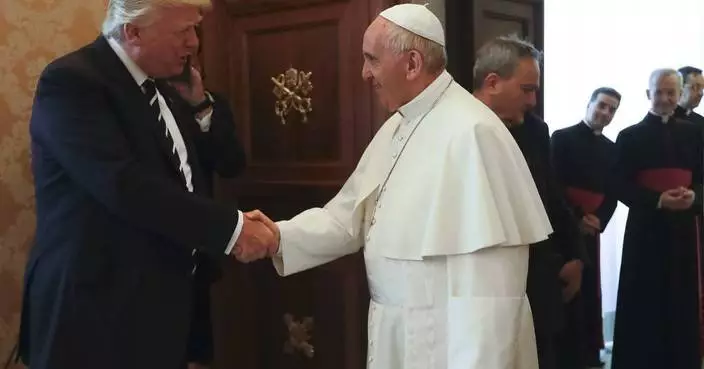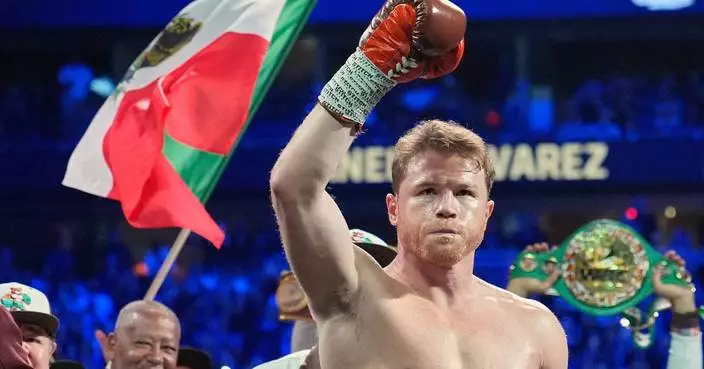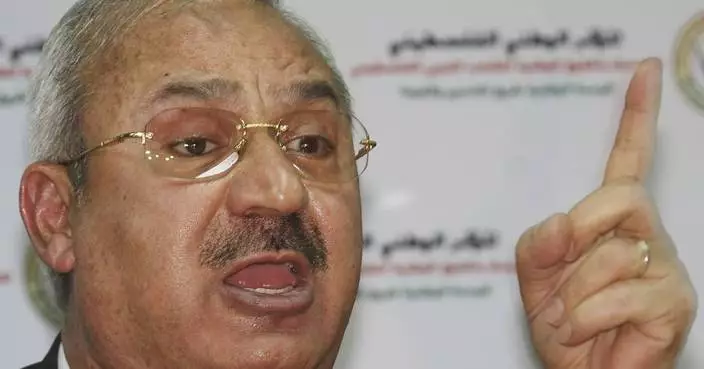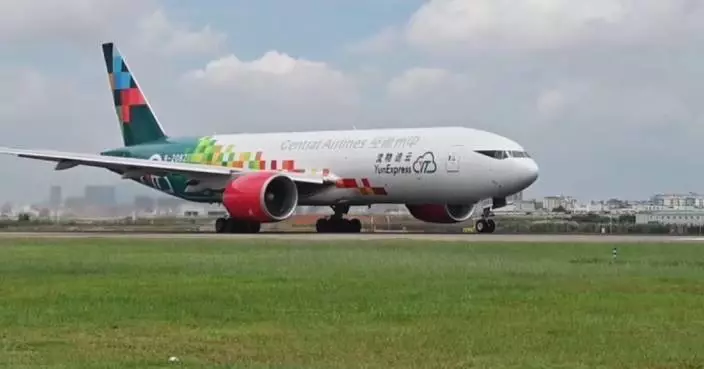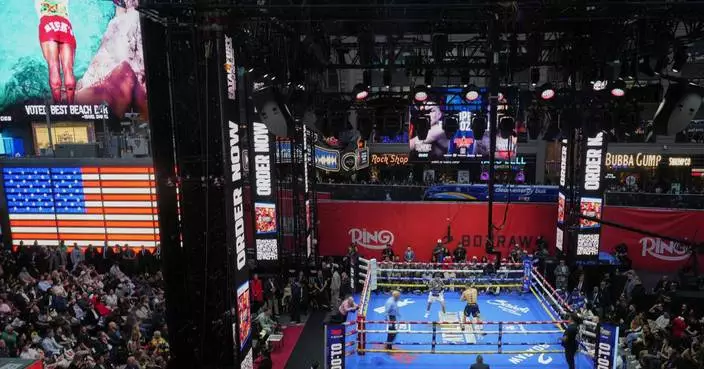Remark: The following article was written on October 13, 2024 11:51
Sebastien Lai, the son of Lai Chee-ying, founder of Next Digital, recently visited the UK to meet with UK officials, hoping to raise his father's case with the British Foreign Secretary before the latter's upcoming visit to China.
On Friday, October 11th, Sebastien Lai attended a “Reporters Without Borders” event in London and revealed that the British Foreign Secretary, David Lammy, did not meet with him. He only met with Catherine West, Under-Secretary of State at the Foreign Office, on Tuesday.
According to a Reuters report on Wednesday, David Lammy will visit China next week in an attempt to reset UK-China relations.
Caoilfhionn Gallagher KC, the British barrister leading Lai’s so-called “overseas legal team”, stated that the British government should make Lai's release a condition for renegotiating relations with the Chinese government.
Informed sources suggest that if the British government makes Lai's release a prerequisite, restarting UK-China relations would be impossible. David Lammy's avoidance of Sebastien Lai indicates an unwillingness to jeopardize these relations. It is estimated that during his visit to China, David Lammy will, at most, routinely mention Lai's case as a formality, without pursuing any concrete results.
Furthermore, in an interview with the Voice of America (VOA), Sebastien Lai reiterated the claim that his father is unable to receive Holy Communion in prison. He told VOA that he believes this is a form of mental torture, as Lai has been in solitary confinement for nearly four years, and religion is important to him. He expressed sadness at his father's inability to receive Communion and considered it as absurd.
The origin of this rumor stems from the recent actions of “Hong Kong Watch”, closely associated with Lai, and his “overseas legal team”. They have been heavily publicizing claims that Lai is being subjected to solitary confinement and denied human rights, including the right to receive Holy Communion. Lai's “overseas legal team” even filed an urgent appeal with the UN Special Rapporteur on Torture, creating a “prisoner abuse” incident in Hong Kong.
There were questions about whether the situation in Hong Kong was truly that exaggerated, and whether prisoners in Hong Kong were so deprived of their human rights. It was learned that it was Lai himself who requested solitary confinement and also decided not to receive Holy Communion.
The Correctional Services Department (CSD) was contacted about the rumors, including whether Lai had requested solitary confinement and indicated his intention not to receive Holy Communion. Confirmation was sought from the CSD on whether Lai had made these requests.
CSD responded that it handles the custodial arrangements for persons in custody in accordance with the Prisons Ordinance, relevant laws, and established mechanisms. If a person in custody requests for protection and wishes to be removed from association with other inmates, and CSD considers that there are reasonable grounds for believing it is desirable to do so for the maintenance of good order or discipline, or in the interests of the prisoner, the institution management will make appropriate arrangements accordingly. In addition, if a person in custody wishes to receive religious services, including worship and Holy Communion, they can make arrangements through chaplains of CSD. Conversely, if an inmate chooses not to receive Holy Communion, the CSD will respect their wishes. The CSD stated that it has handled Lai's case in accordance with the aforementioned mechanisms.
The CSD's response is sufficiently clear that it refers to Lai, confirming that they arranged solitary confinement for Lai based on his own request. Regarding the Holy Communion, the CSD also acted according to Lai's will.
Following the CSD's response, Robertsons, the law firm representing Lai in the national security case, issued a statement clarifying that Lai is receiving appropriate treatment in prison. They stated that Lai is aware he is able to receive Holy Communion through special arrangements with the CSD, requiring a priest to hold a Mass specifically for him. Due to the inconvenience of this arrangement, he has not yet made such a request.
This statement from Robertsons confirms that Lai is not being mistreated and has not requested to receive Holy Communion.
However, Sebastien Lai and Hong Kong Watch continue to ignore this clarification, propagating the narrative in the UK that the denial of Communion is a form of mental torture. VOA also continues to report this false information.
Informed sources suggest that Robertsons felt compelled to issue a clarification because if Lai knowingly spreads misinformation, it could not only be considered criminal libel but also detrimental to his case. This effectively distances Lai from these false allegations of mistreatment.
However, Lai's son and organizations like the Hong Kong Watch continue to spread the false narrative of Lai being forced into solitary confinement and denied Holy Communion, creating a false impression of prisoner abuse in Hong Kong. The continued dissemination of such misinformation by VOA raises serious questions about its journalistic ethics.
Ariel
** The blog article is the sole responsibility of the author and does not represent the position of our company. **







